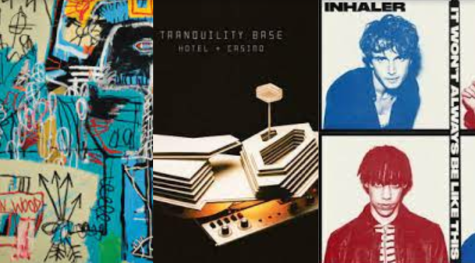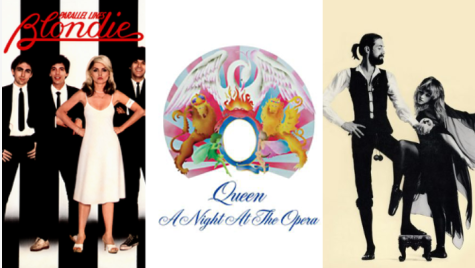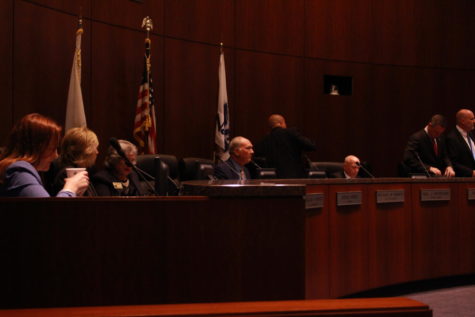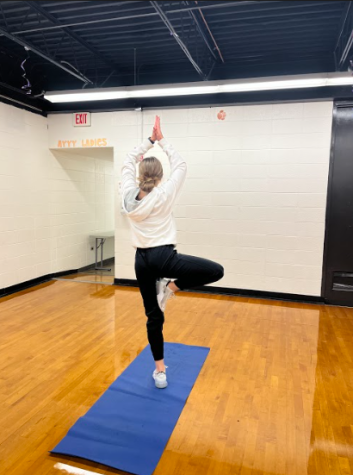The North Star’s opposing viewpoints on the #MeToo movement
Column: #MeToo movement must not start and end with a retweet
By Jayla Butler
We need to talk about #MeToo.
It’s been nearly three months since the movement first gained steam and right now, we’re at a crucial moment.
Although it was publicized by actress Alyssa Milano in October, the movement was actually started in 2006 by activist Tarana Burke, aiming to raise awareness of sexual assault and harassment towards women of color.
“The point of the work we’ve done over the past decade with the ‘me too movement’ is to let women, particularly young women of color know that they are not alone – it’s a movement. It’s beyond a hashtag. It’s the start of a larger conversation and a movement for radical community healing,” Burke tweeted in October.
#MeToo was definitely successful at starting that conversation, but now, we have two options: We can either use the movement as a vehicle to actually make change or we can stay where we are and let the chance fall by the wayside.
There’s been a wildfire of backlash against the multitude of sexual assault and harassment allegations; conservative political commentator Andrew Sullivan wrote an article in New York Magazine about the “excesses” of the movement, referring to it as “McCarthyism.” There was even an article published by a group of 100 French women denouncing #MeToo.
To an extent, we should criticize the movement and be able to point out any issues that we see with it. However, much of the backlash is hurting more than it’s helping. We should be pushing this movement to be better, not derailing it. Pointing fingers and trying to dictate which women’s stories are valid or “severe” enough to deserve our sympathy won’t get us anywhere, and frankly, it’s missing the point.
People who commit sexual assault certainly deserve to be punished, but this is an issue bigger than Bill O’Reilly, Harvey Weinstein or the countless other perpetrators who have flown– and will continue to fly– under the radar.
The #MeToo movement was brilliantly effective at raising awareness of an issue that had been pushed under the rug for far too long. In regards to letting people know that this was a massive issue in need of our attention, that mission was accomplished. But we have a lot more work to do.
These victims and any future victims deserve more than a trending topic or a news headline.
Social media’s integral role in this campaign was effective because it quickly demonstrated the devastating magnitude of sexual assault in our society. However, we can’t stop after simply acknowledging the issue or these crimes will keep happening. We have to realize that after a while, a retweet and a pat on the back helps nothing more than our egos. Putting a band-aid over a bullet wound will not stop the bleeding.
This is a problem that can’t be solved on a case-by-case basis. Yes, those who abuse their power in such a way should face the repercussions. More people should be punished, but it’s unlikely that will keep sexual assault and harassment from happening in the future.
We live in an out-of-sight, out-of-mind world. We hear about one tragic story, we’re outraged, it trends on social media for about a day, until the next breaking news story hits. Wash, rinse, repeat.
Our fast-paced mentality is not particularly conducive to any sort of change, but we cannot remain complacent. We need to look more deeply into our society and start asking the more difficult questions.
Why are we quicker to blame the victim than to accept that our favorite celebrities are capable of wrongdoing?
Why don’t we realize that part of the reason why this keeps happening is because our culture allows– and maybe even encourages– this type of behavior?
There are so many different underlying issues at play here: sexism, greed, the bystander effect, the list goes on and on.
The #MeToo movement represents a critical point in our society and our history. It’s a revelation for those who were unaware that this was even an issue, or just didn’t realize the severity of it.
It’s a wake-up call for the people who dismissed cases like these in the past, now that the sheer numbers make it harder and harder to deny.
But most of all, it’s an opportunity.
We have the chance to take a step back and take a look at our culture and really begin to, as Burke said, have the conversations that can lead to genuine change.
I hope that we don’t waste it by continuing a vicious cycle we have seen over and over again.
Editorial Cartoon
By Lydia Meikle
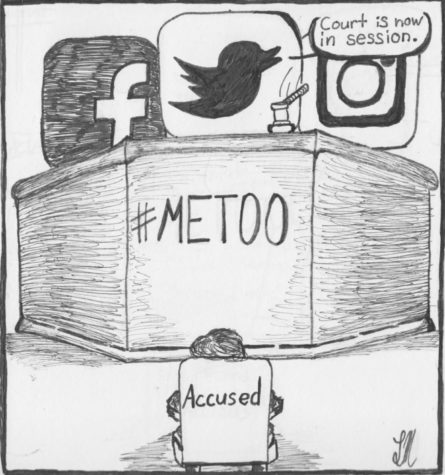

Senior Jayla Butler is excited to tackle her second year on staff as The North Star’s very first Graphics Editor! She is looking forward to enhancing...

Lydia Meikle is a senior and a rookie Editorial Cartoonist for The North Star. After leapfrogging from Michigan to Ohio to Illinois, she’s found her...


